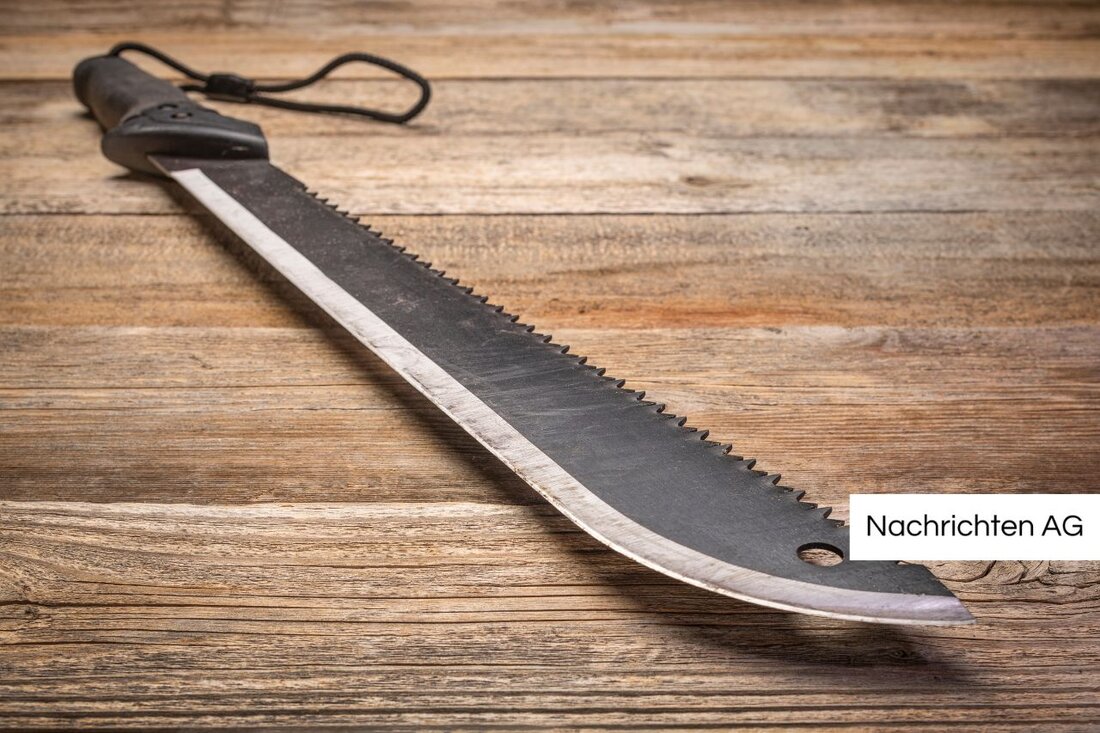Together against microplastics: innovative solutions for our environment
Together against microplastics: innovative solutions for our environment
Wien, Österreich - On June 6, 2025, the urgent problem of microplastics in the environment and the food chain was brought into the spotlight on the occasion of the world's environment. The alliance microplasty -free and Beko Austria AG have come together to develop solutions to avoid these dangers and to raise awareness of the topic. The presentation took place in the Vienna House of the Sea, which symbolizes the vulnerability of aquatic habitats. In this context, the FiberCatcher® 2.0 was presented, a new washing machine with a microplastic filter that is intended to specifically reduce microplastic inputs from textiles.
microplastics is omnipresent and represents a serious threat to ecosystems. According to the National Oceanic and Atmospheric Administration, microplastic particles are defined as plastic parts with a diameter of less than five millimeters. These particles have not only been demonstrated in waters such as rivers, lakes and seas, but also in arctic and antarctic ice sample and in human organs. The influence of microplastics not only affects single organisms, but also represents a threat to entire ecosystems. Elliot Bland, a researcher at The Microfibre Consortium, explained the need to reduce microplastics in the textile industry on the Outdoor by ISPO
collaborations for a better future
The alliance of microplasty -free, the science, economy, interest associations and municipalities, aims to reduce disposable plastics and promote innovative materials. Beko Austria is the first washing machine manufacturer in Austria to actively act against microplastics and supports the Austrian microplastics 2022-2025. Cooperations with companies are essential to master the challenge of microplastics. Together, the initiators want to realize projects that sensitize the public for the problem of the microplastics, especially from textiles.
The FiberCatcher® 2.0 from Beko offers a technical solution to reduce microplastic emissions that get into the environment via wastewater. There are also practical tips for reducing the microplasty footprint, such as the preferring of natural fibers, rarer washing of synthetic textiles and the professional disposal of fluff.
The role of the EU in combating microplastics
In addition to the initiatives at the national level, the European Union has also taken steps to reduce the environmental impact of textile production. The EU has introduced an environmental label for manufacturers who comply with ecological criteria. One goal of this initiative is to minimize the consumption of harmful substances and to reduce air and water pollution. The 2018 waste guideline requires manufacturers to take responsibility for their products, even if they become waste.In March 2024, the European Parliament submitted proposals to revise the waste guideline to introduce a system of extended manufacturer's responsibility. This means that manufacturers are held responsible for the separate collection, sorting and recycling of textiles. Member States must collect textiles for reuse and recycling by January 1, 2025. These measures are part of the Commission's comprehensive strategy against dangerous chemicals and aim to support consumers with regard to sustainable textiles.
Overall, the current discussion about microplastics illustrates both in industry and at the political level, how urgently the need is to take measures to promote a microplastic -free future. Other companies and organizations are invited to join this movement in order to tackle the challenges of these environmentally hazardous substances.
For more information about the problem of microplastics and solutions, visit the articles from OTS href = "https://www.ispo.com/mikroplastik-der-textilindustrie-mulfahrdung-und-was-wir-wir-wirgegen-un-Koenne"> ISPO and DetailsOrt Wien, Österreich Quellen


Kommentare (0)